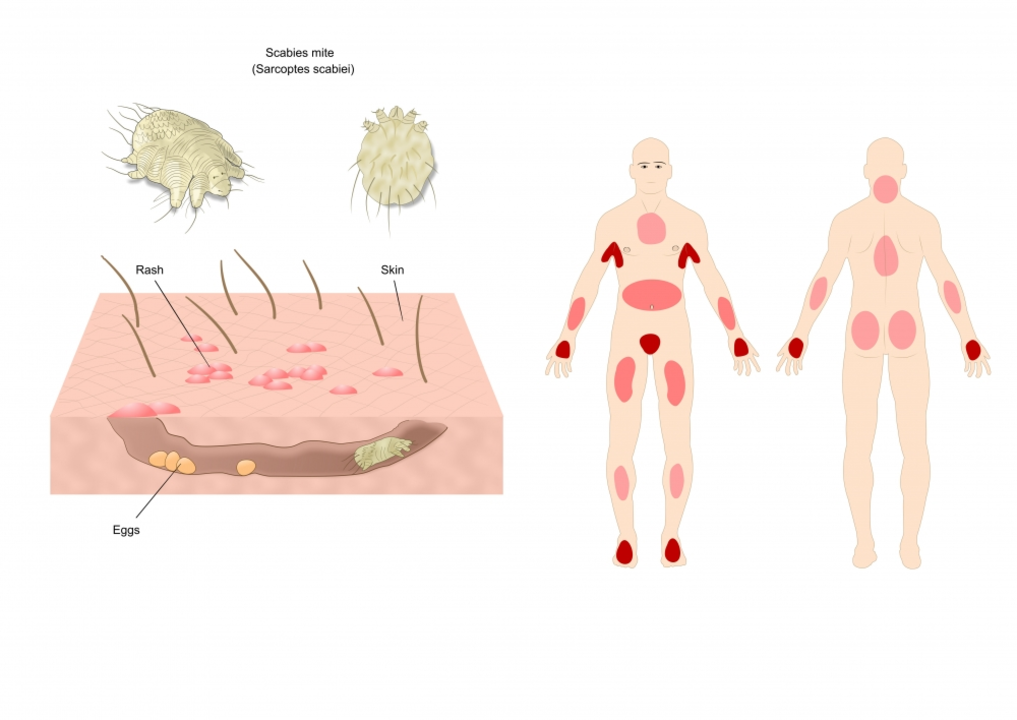Spread: Practical Steps to Stop Germs and Protect People
Germs travel fast. A single cough or a shared cup can pass viruses and bacteria from one person to many. You don’t need medical training to cut transmission — a few simple habits make a big difference.
Wash your hands right. Soap and water for 20 seconds remove most germs. Wash after using the bathroom, before eating, after blowing your nose, and when you arrive home. If you can’t get to a sink, use an alcohol-based sanitizer with at least 60% alcohol.
Keep distance when you’re sick. If you have fever, cough, or vomiting, stay home until 24 hours after fever is gone without using fever-reducing medicine. Avoid close contact with people at high risk — older adults, infants, or those with weak immune systems. Wearing a mask in crowded indoor spaces helps reduce spread when you must be out.
Clean smart, not obsessively
High-touch surfaces matter: door handles, phones, light switches, and remote controls. Wipe them daily if someone in your home is sick. Use common household cleaners or a bleach solution (follow label directions). For electronics, use alcohol wipes or sprays safe for screens. Don’t overdo deep cleaning — targeted cleaning protects without wasting time or harsh chemicals.
Air matters. Open windows when you can or run exhaust fans. Better ventilation lowers the concentration of airborne germs. In winter, even a short window opening each day reduces risk. In public spaces, choose outdoor seating or well-ventilated areas when possible.
Use medicines and antibiotics responsibly
Never share prescription meds. Sharing antibiotics or TB drugs (like isoniazid) can cause harm and encourage drug resistance, which makes infections harder to control. Always follow the dose and finish the course your doctor prescribes unless they tell you otherwise. If a medicine causes serious side effects, stop and contact your provider.
Buying medicines online? Pick reputable pharmacies that require a prescription, show clear contact info, and have verified pharmacy credentials. Counterfeit or low-quality meds can fail to stop infections and let disease spread. When in doubt, ask your provider or use pharmacy comparison guides.
Vaccines work. For many infections, vaccines are the fastest way to reduce spread. Get your flu shot every year, keep up with COVID or other recommended vaccines, and follow local guidance for boosters. Vaccination protects you and helps stop chains of transmission in your community.
Finally, get tested if you have symptoms of contagious illness or were exposed to someone sick. Early testing and following isolation advice protect other people and help you get treatment sooner. Browse the tagged posts here for specific guides on flu prevention, TB meds, buying drugs online, and more practical tips you can use right away.

How to prevent the spread of Sarcoptes scabiei in your home
Keeping our homes free from Sarcoptes scabiei is crucial to avoid the spread of scabies. To prevent this, we need to maintain good hygiene by washing bedding, clothes, and towels frequently in hot water. Vacuuming our home regularly, especially carpets and upholstery, helps eliminate any lingering mites. Additionally, we should avoid sharing personal items, such as clothing and bedding, with individuals who are infected. Lastly, educating ourselves and our family about the symptoms and risks of scabies can help us stay aware and proactive in preventing the spread of this contagious skin condition.
